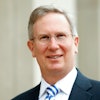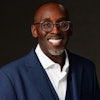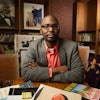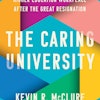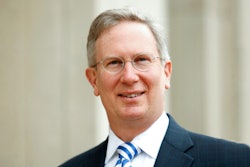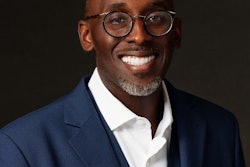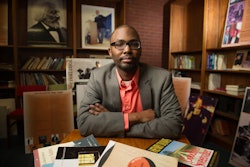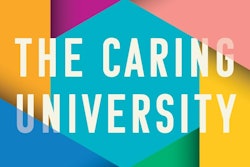Like many African-American mathematicians who came of age in the 1980s and afterward, I was first aware of professor David Blackwell’s contributions to areas in probability, such as renewal theory, before I knew that he was African-American. Later, I would come to meet him personally. Still later, I discovered that as a professor at Howard University in the early 1950s he taught mathematics major David Dinkins, who became the first African-American mayor of New York in 1990.
In the summer of 1980 as a graduate student working at Bell Laboratories (later to work there full time the following year) I met Dr. Wesley Thompson. He was a young African-American statistician who had just joined the Mathematical Sciences Research Center at Bell Labs. He earned his Ph.D. from the University of California at Berkeley under the direction of Blackwell on the topic of “conditional medians.” Tragically, Thompson died a year later in a swimming accident.
In 1995, I was an organizer of the first Conference for African-American Researchers in the Mathematical Sciences (CAARMS). Blackwell was there in attendance along with one of his equally distinguished contemporaries among African-American mathematicians, Dr. J. Ernest Wilkins. Both of them received their Ph.D.s in mathematics in the 1940’s in Illinois. They were the seventh (in 1941) and the eighth (in 1942) African-Americans ever to do so, respectively. The two schools where they received their degrees were the University of Illinois at Urbana-Champaign and the University of Chicago, respectively. Both of them had also spent a year at the Institute for Advanced Study in Princeton, N.J. Blackwell was the first African-American elected to the National Academy of Sciences and Wilkins was the second African-American elected to the National Academy of Engineering.
In the past decade of the 21st century, I joined the faculty of Princeton University and three years ago, spent my sabbatical year at the Institute. The irony is not lost on me that roughly 60 years ago Blackwell’s visit to the Institute did not result in a faculty position at Princeton or any other majority academic institution at the time. Also during the 1940s, there were no more than 10 African-Americans who earned a Ph.D. in mathematics from American institutions. In the first decade of the 21st century, there were over 300 Ph.D.s in the mathematical sciences given out by American institutions alone to people of African descent, a 30-fold increase. The many barriers that Blackwell broke through with his continual striving for academic excellence and lasting impact in his work leaves later generations of African-American researchers in the mathematical sciences forever in his debt.
Dr. William Alfred Massey is the Edwin S. Wilsey Professor in the Department of Operations Research and Financial Engineering at Princeton University.

